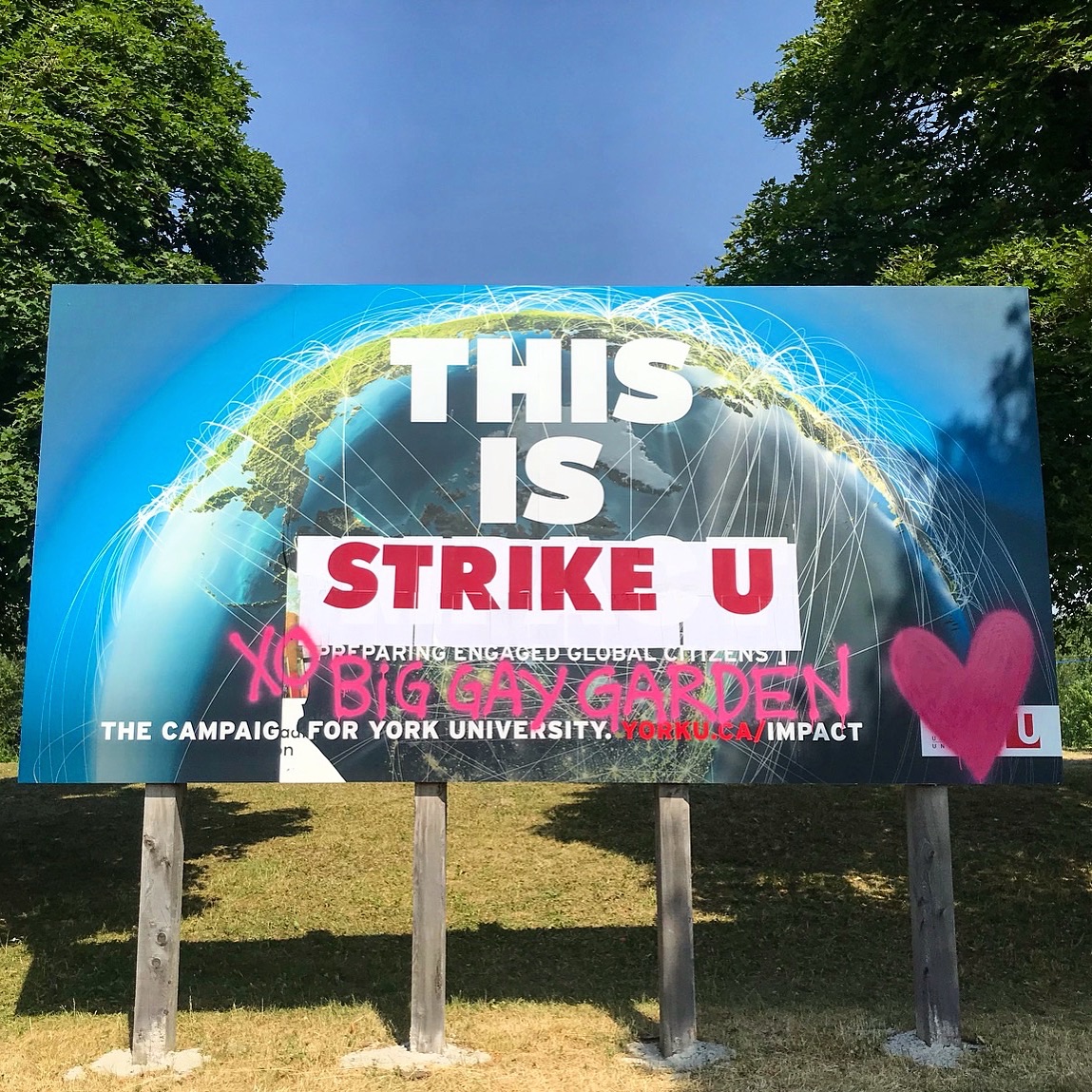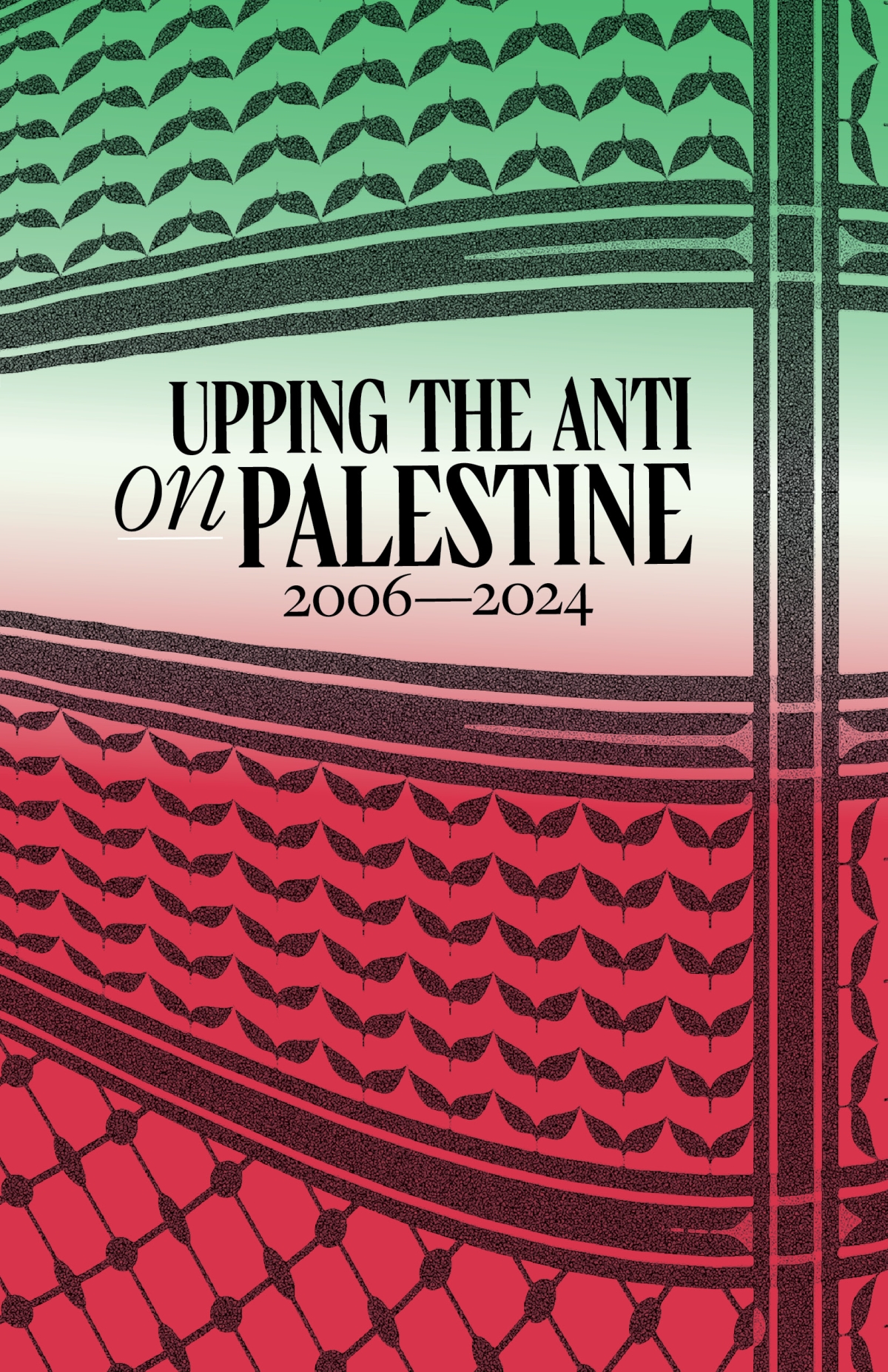Roundtables
-
.png) Roundtable
Roundtable“Unit 2 is Our Home”
A Roundtable on the Pasts, Presents, and Futures of a Queer Community Space
I first heard of Unit 2 from someone I met at the Detroit Electronic Music Festival in 2018. He was from Toronto, and I was going to move there in just three months. Naturally, I asked him where I should go to find queer hangouts in Toronto. The first place he mentioned was Unit 2.
-
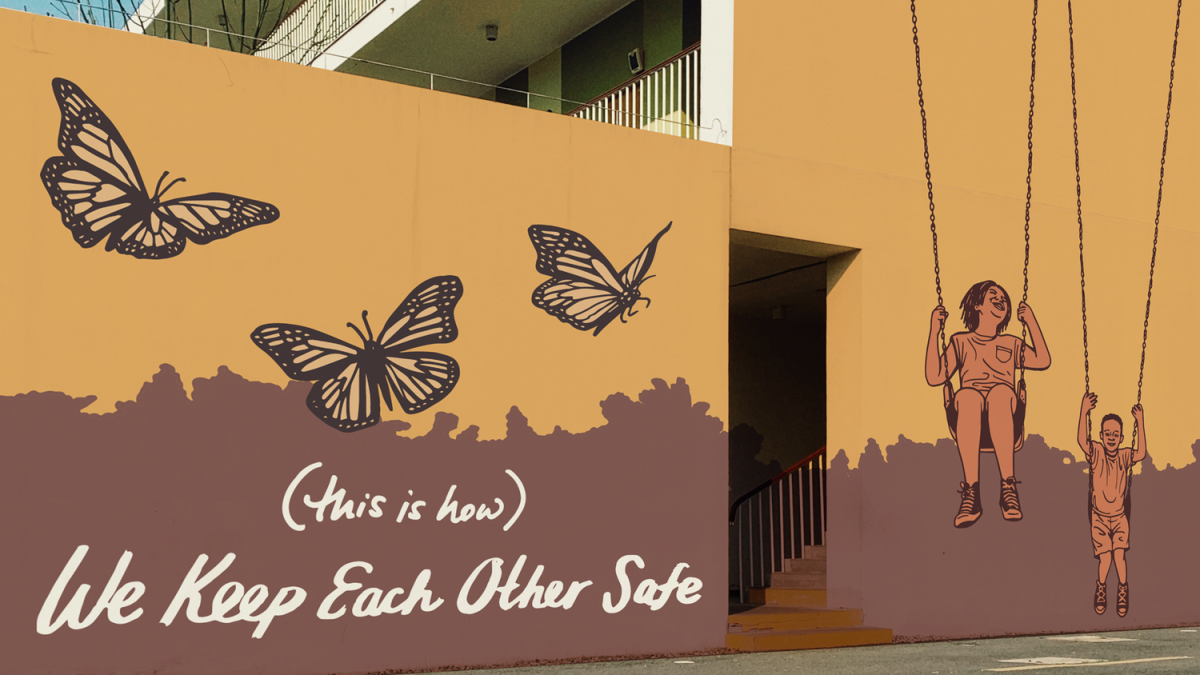 Roundtable
RoundtableBuilding an Abolitionist Ethic
A Roundtable with the Toronto Prisoners’ Rights Project
On August 5, 2021, Karl Gardner sat down with four members of the Toronto Prisoners’ Rights Project to discuss the organization’s ongoing work to support prisoner organizing across Ontario, develop mutual aid networks, and build a movement committed to prison abolition. Together, we reflected on the organization’s achievements, challenges, and strategic approaches to prisoner solidarity and abolitionist organizing.
-
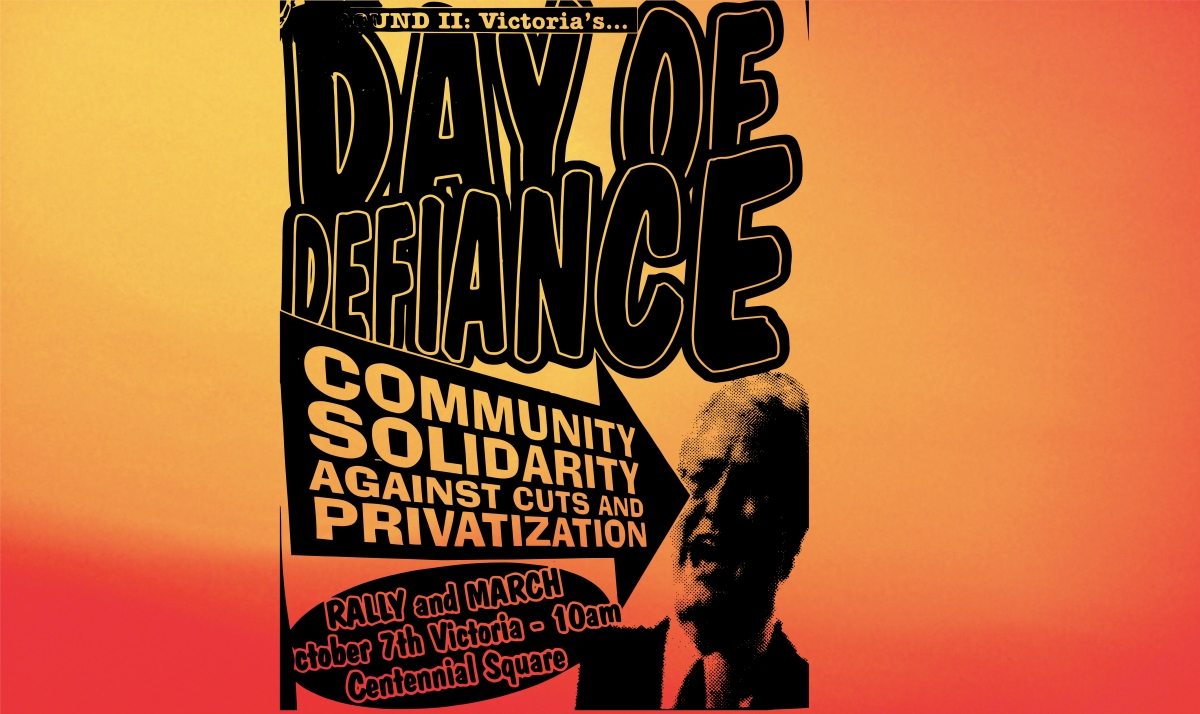 Roundtable
RoundtableBritish Columbia Fights Back: The almost-General Strike of 2004
Melissa Moroz, Gene McGuckin, Shane Calder, and Bob Wilson
British Columbia Fights Back: The almost-General Strike of 2004
-
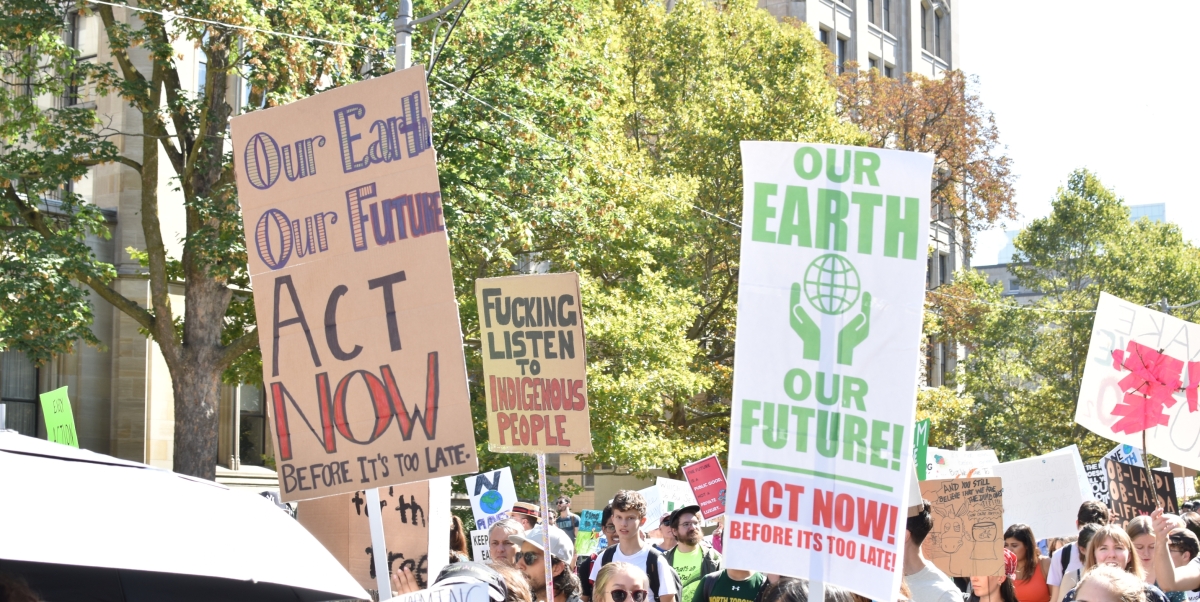 Roundtable
Roundtable"Building an Irresistible Movement": Youth Climate Justice Organizing
A Roundtable with Dani Michie, Yohanna Mehary, Yasmine Hassen, and Niklas Agarwal
Youth Climate Justice Organizing
-
Roundtable
Strike and Reclamation
Building Power in the Fight Against the Corporate University
On March 5, 2018, members of CUPE 3903, the union representing contract faculty and teaching assistants at York University in Toronto, voted to take strike action against York after months of bargaining with the university had stalled and concessions remained on the table. Over the next 143 days, the university continued to stonewall the union until the newly elected Doug Ford provincial Conservative government circumvented the process of collective bargaining to pass unconstitutional back-to-work legislation on July 25, 2018.
-
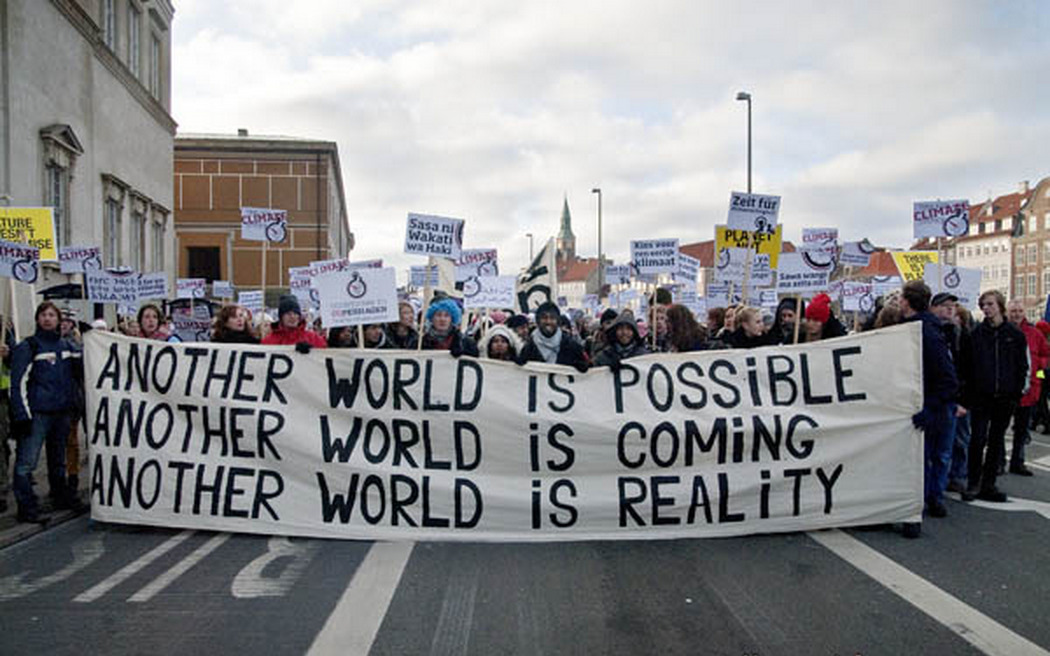 Roundtable
Roundtable“The Long Memory is the Most Radical Idea”
Reflections of Organizing from Anti-Globalization to the Climate Crisis
In addition to the centennial remembrances for the Winnipeg General Strike and the memorial for Rosa Luxemburg, many activists are gearing up for reflections of the 20th anniversary of the 1999 Seattle protests against the World Trade Organization (WTO). For those who began anti-capitalist organizing during that time, there are many questions around mass mobilizations, public education, and proving that “another world is possible.”
-
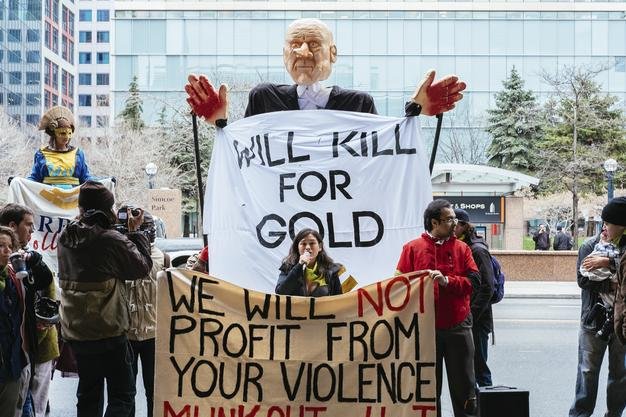 Roundtable
Roundtable#WeBelieveSurvivors of Barrick Gold
Toronto-based mining company Barrick Gold, whose abysmal record of human rights abuses and environmental degradation are documented at ProtestBarrick.net, is the largest gold mining company in the world. In April 2017, two women affected by Barrick’s Porgera Valley mine in Papua New Guinea visited Toronto to attend the company’s annual general meeting (agm). They came to speak directly to shareholders about sexual violence and murder in their community, to implicate mine employees and security, and to demand compensation and justice.
Everlyn Guape and Joycelyn Mandi of Porgera Women’s Rights Watch Association have been organizing around sexual violence perpetrated by Barrick as well as working in their communities to shift the legal and cultural barriers that prevent women from sharing their stories of sexual violence. Everlyn and Joycelyn were interviewed by Ellie Ade Kur (co-founder of Silence Is Violence, an organization that aims to radically alter the culture of institutional violence on university campuses across Canada), for the program #WeAreUofT on ciut 89.5fm in November of 2017. They invited Sakura Saunders of ProtestBarrick.net and Mining Injustice Solidarity Network and Catherine Coumans of MiningWatch Canada to join the conversation and help connect their experiences at home with the University of Toronto, Peter Munk, and Canadian politics.
After the interview, Joycelyn and Everlyn attended Barrick Gold’s agm, but their applications to speak as proxies were denied. Instead, they had Catherine Coumans read their statements as they stood next to her. Security tried to push them to the back of the room, to prevent them from sitting near Catherine, but this strategy of silencing these survivors backfired as media covered the incident.2
Today, we are talking about Toronto-based mining company Barrick Gold. It is the largest gold mining company in the world, founded by University of Toronto alumni Peter Munk, whose name appears on the university’s School of Global Affairs.
We’ve got incredible women in studio from the company’s mines in Papua New Guinea here to discuss their organizing around sexual violence at the hands of Barrick employees and mine security, as well as their work in their communities, from gaslighting tactics to the legal and cultural barriers that prevent women from sharing their stories of sexual violence.
Today, we’re looking at the forces that silence victims of abuse and the courageous women who have self-organized with other survivors to tell their stories and demand accountability. -
Roundtable
Union Renewal From the Margins
Perspectives on Organizing Precarious Workers
Over the past few years, international migration has been a popular topic in the mainstream media in both Canada and the United States; however, this attention has often centred on asylum seekers, “queue-jumpers,” trafficking, racial profiling legislation and, less often, the tragic and preventa…
-
Roundtable
Pedagogy of Unrest
Education Struggles and the Prospect of an Autonomous University
Students and education workers have been at the forefront of the mass mobilizations that have swept across Europe over the past 18 months. As these movements have developed, their transnational character has become increasingly evident. Student movements have begun to draw connections between their…
-
Roundtable
Abolitionist Practices, Reformist Moments
Despite campaign promises to restore “law and order,” the Trump administration might not be able to arrest the momentum of prison and policing reform movements, which intensified under the Obama administration with Black communities at the forefront of these struggles. However, across the US man…

